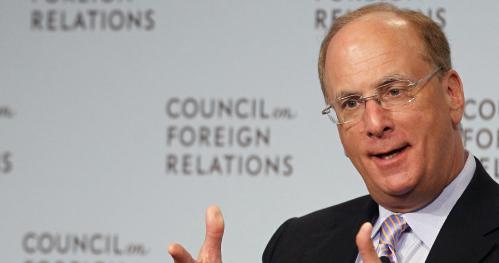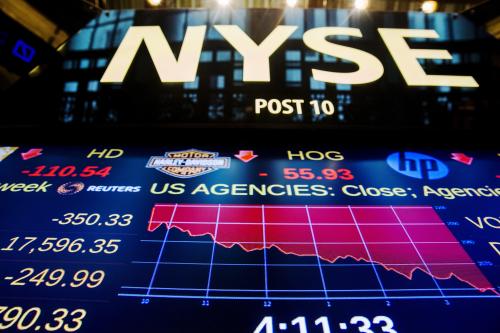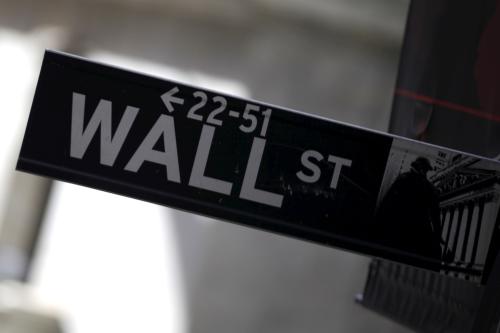Republicans love cutting taxes. And now that they are in charge of the White House and the Congress, tax reform—especially business tax reform—is number two on the agenda (after Obamacare). One provision of forthcoming tax reform is likely to include incentives for corporations to bring home the trillions of assets they have stashed overseas while waiting for lower tax rates to be enacted here at home. The question is whether corporations will get a free ride, or instead be required to use a portion of the funds they repatriate to invest in the future of the United States.
History is instructive—and discouraging. When Congress enacted a tax holiday in 2004 that allowed corporations to bring overseas assets back home at a rate of roughly five percent, the firms that availed themselves of this provision cut U.S. jobs and reduced spending on research and development while increasing their spending on stock buybacks and executive compensation. Critics of this policy ranged from liberal groups to the conservative Heritage Foundation.
Will history be allowed to repeat itself? Many CEOs have said that if they get the chance, they will use the next tranche of repatriated cash for financial transactions such as buybacks, special dividends, and mergers and acquisitions.
Objections to this result extend well beyond the ranks of fervent progressives. BlackRock, the world’s largest investment firm, manages more than $5 trillion in assets. In a January 24, 2017 to the CEOs of leading companies, Lawrence Fink, who heads BlackRock, notes that despite companies’ increased rhetorical commitment to long-term investment, they have “continued to engage in buybacks at a furious pace.” For the 12 months ending September 30, 2016, he points out, “the value of dividends and buybacks by S&P 500 companies exceeded those companies’ operating profit.” From the perspective of a long-term investor, Fink insists, these practices are shortsighted: “We believe that companies must balance [them] with investment in future growth.”
This brings us back to the 2004 tax holiday legislation, which technically prohibited the use of the repatriated funds for stock buybacks and executive compensation. But because money is fungible, this verbal prohibition failed. Repeating this toothless strategy in a forthcoming tax reform bill is bound to yield the same results, further enriching CEOs and stockholders at the expense of workers and their families and directly contradicting President Trump’s central promise to his core supporters.
U.S. workers cannot become more productive without more corporate investment, not only in 21st century plants and equipment, but also in skills training. Nor can the economy become more efficient without increased investment in infrastructure, a goal President Trump has endorsed.
The next round of tax reform will be another expensive failure for average Americans unless the new law effectively and enforceably requires corporations repatriating overseas profits at lower rates to make the kinds of investments that Mr. Fink calls for and that our economy needs. Such a quid pro quo should not be much of a stretch for the president who wrote The Art of the Deal and whose political future is in the hands of Main Street, not Wall Street.









Commentary
Can tax reform benefit anyone beyond the C Suite?
January 25, 2017